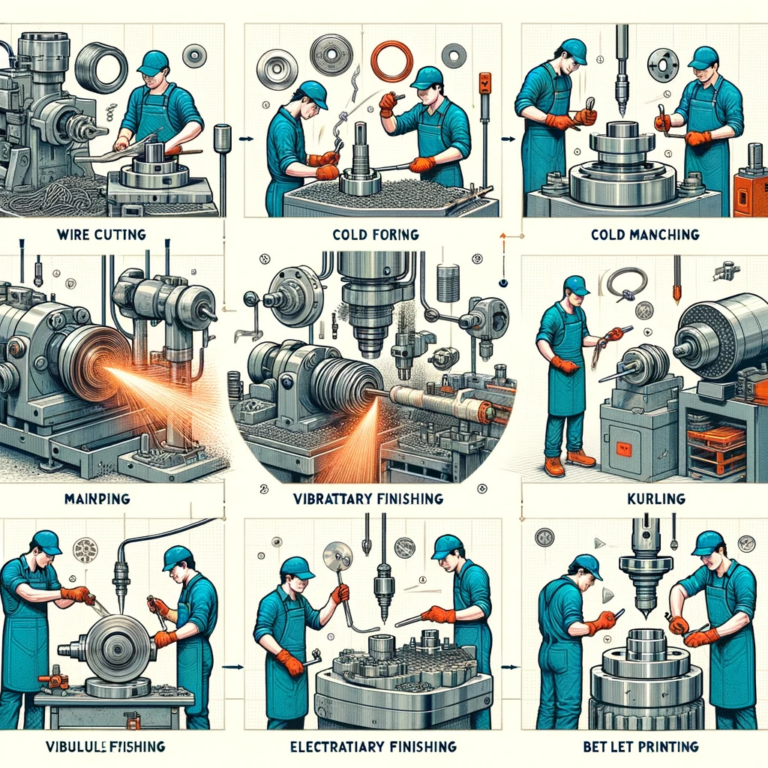Mastering the Art of Facility Management

In the intricate dance of modern business, maintaining the physical spaces that house our enterprises is often an uncelebrated role. Yet, the skilful facility manager is, in many ways, the unsung hero of our daily operational symphony. They preserve and optimize the environments that nurture productivity, creativity, and connectivity among employees and clients alike.
It is undeniable that the role of a facility manager has evolved, steered by the winds of technological innovation, sustainability, and human-centric design. Yet, beneath the veneer of these contemporary buzzwords lies a bedrock of skills that have been essential throughout the ages. This is my impassioned case for why certain abilities will always remain non-negotiable for those charged with the sanctity and efficiency of the modern workplace.
A Balancing Act of Operations
The primary skill, without which the facility manager is a rudderless ship, is the ability to balance operations seamlessly. This entails an intricate understanding of the facility’s infrastructure, a meticulous eye for detail, and the capacity to see the bigger picture. Every day, facility managers must reconcile the relentless demands for cost-efficiency and sustainability with the need to ensure that the facility is fit for purpose.
Centuries ago, it was the mastery of water and air systems that kept our factories humming. Today, it is the incorporation of smart systems, a delicate choreography of digital and physical, that ensures a modern workplace’s operational excellence. The modern facility manager must be a conductor, marshalling resources towards the common goal of a fully functioning, forward-looking environment.
The Art of People Management
The next skill set, arguably as critical as the first, is the art of people management. Not only is the facility manager responsible for the buildings, but also the individuals within them. This means understanding the idiosyncrasies of different groups, from the highest executive to the most junior maintenance staff, and acting as a mediator, problem solver, and, at times, psychologist.
Navigating the human element demands empathy, negotiation, and a distinct brand of diplomacy. Ensuring that maintenance teams understand the urgency behind a repair, or that C-suite executives comprehend the infrastructure’s limitations, requires a nuanced hand and the ability to communicate complex issues in a digestible manner.
Technological Proficiency in the Digital Age
Facility management is no longer a purely custodial role — it is a complex, tech-driven field. The modern facility manager must be a technophile, unafraid to grapple with the latest applications of artificial intelligence, machine learning, or advanced metering technologies. These tools are not just about optimizing workloads or automating processes; they are about capturing greater insights into facility performance and driving strategic decision-making.
Mastering technology is no longer optional; it is a professional imperative. Whether it’s coordinating sensor data to plan for preventative maintenance, or analyzing space utilization metrics to design the most ergonomic office layout, technology is now woven into the very fabric of the facility manager’s daily routine.
The Eternal Voyage of Learning
Finally, the most indispensable skill for a modern facility manager is that of a relentless learner. The role is one that continuously evolves with the very environment it serves. New materials, new regulations, new trends in workplace experience — the breadth of knowledge required is as expansive as the domains it intersects.
To succeed in this role is to embrace perpetual learning, to stay informed of the latest industry standards and best practices, and to remain malleable in the face of change. This is not simply about professional development; it is about fostering a mindset of continuous improvement, one that empowers the facility manager to adapt, innovate, and evolve alongside the spaces they steward.
In conclusion, the art of facility management is one of perennial significance. The skills I’ve highlighted — the ability to balance complex operations, manage diverse stakeholders, harness technology for enhanced performance, and the commitment to a lifelong learning — are more than just attributes; they are the essence of an esteemed discipline that sits at the heart of an organization’s wellbeing. Whether we’re discussing the spires of medieval cathedrals or the glass facades of our contemporary office towers, the foundational principles remain the same. And as these structures continue to reach new heights, so too must the skills of those who ensure their strength and longevity. The modern facility manager is a steward and a strategist, an engineer and an empath, and it is these timeless skills that solidify their place in the vanguard of organizational success.





